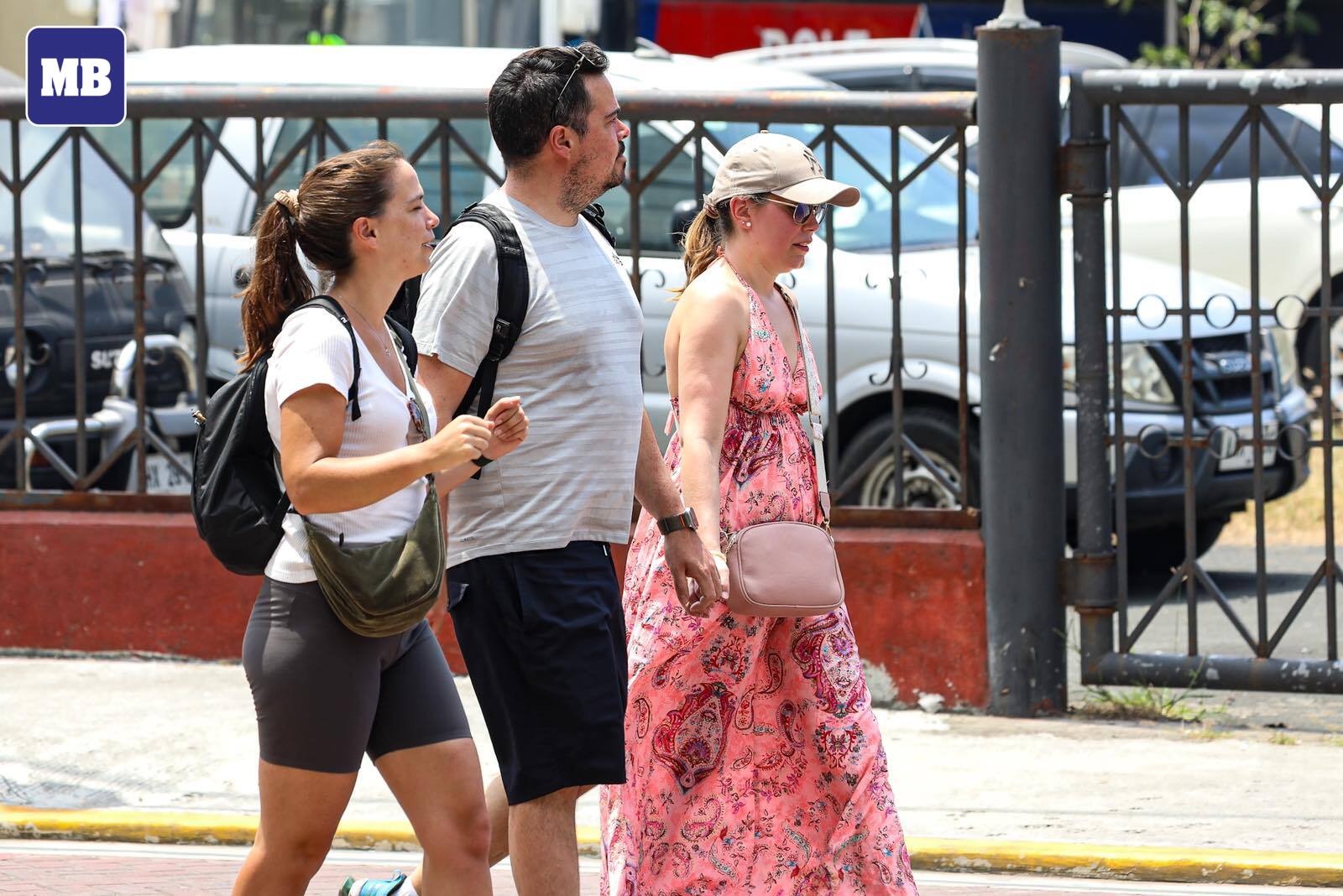Marcos OKs issuance of digital nomad visas to foreigners working remotely in PH
President Marcos has authorized the issuance of digital nomad visas to foreigners seeking to temporarily reside and work remotely in the Philippines.

Through Executive No. 86 dated April 24, Marcos allowed the issuance of special non-immigrant visas to digital nomads to boost the country's tourism and economy.
"[T]o further boost tourism and economy in the country, there is a need to establish a legal framework to facilitate the entry of Digital Nomads in the country or foreign nationals who desire to temporarily stay in the Philippines while engaged in remote work activities for overseas employers or clients," the EO read.
The President stressed in the order that the issuance of Digital Nomad Visa is consistent with the Philippine Development Plan 2023-2028 and the administration's commitment to promote tourism, economic development, and digital innovation in the country.
“The DFA is hereby authorized to issue Digital Nomad Visas (DNVs) to non-immigrant foreigners who desire to enter and/or stay in the country for a temporary period for the purpose of working remotely using digital technologies, and whose clients or employers are situated outside the Philippines,” Marcos said in the EO.
Foreigners, who are holders of valid DNVs, may enter and stay in the Philippines for a maximum period of one year and may renew their visas for the same duration.
They may also be granted multiple entry privileges during the validity of their DNVs.
Under the DNV Program, the Department of Foreign Affairs (DFA), in coordination with the Department of Justice (DOJ), Department of Tourism (DOT), Bureau of Immigration (BI), and Bureau of Internal Revenue (BIR), were directed to study and adopt measures to effectively implement the program aimed at attracting eligible foreigners.
The President’s order also mandates the DFA to create a database of all DNV holders for monitoring purposes in strict compliance with data privacy requirements under Republic Act No. 10173 or the Data Privacy Act of 2012.
Foreigners applying for DNV must be at least 18 years old; must show proof of remote work using digital technology and sufficient income generated outside the Philippines; and must have an unblemished criminal record.
An applicant must have health insurance valid for the DNV period; must be a national of a country that offers DNVs to Filipinos and where the Philippines has a Foreign Service Post (FSP); must not pose threat to the internal or external security of the Philippines; and must not be employed in the Philippines.
Foreigners who are nationals of countries that offer DNVs to Filipinos but do not have a Philippine FSP may apply for DNV in the nearest country where a Philippine FSP is located.
The DFA, in coordination with the DOJ, DOT, Bl, and BIR, shall issue the necessary guidelines for the effective implementation of the order within 30 days from its effectivity.
Often relying on Internet and mobile devices for connectivity, a digital nomad is described as a person who works remotely using technology.
According to the World Economic Forum, the Philippines ranked as the seventh fastest-growing remote work hub country in the world in 2023.